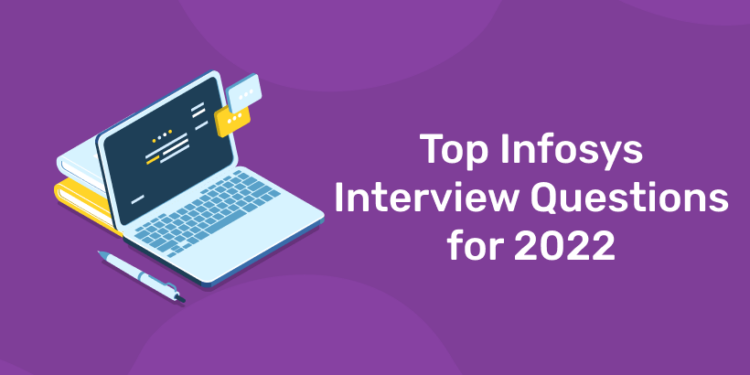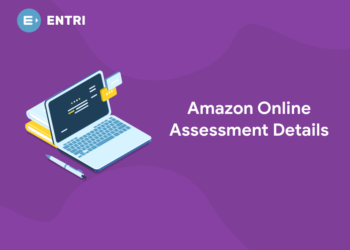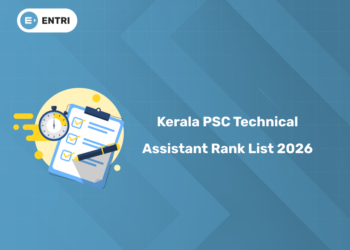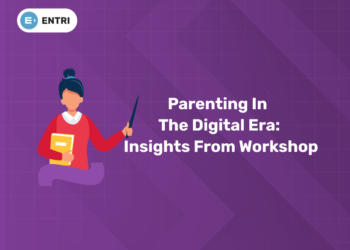An organization that offers end-to-end business solutions is Infosys Ltd., a provider of digital services and consultancy. It functions through the following divisions: Energy, Utilities, Resources, and Services; Manufacturing; High Technology; Life Sciences; and All Other. Financial Services; Retail; Communication; and All Other. Globally speaking, Infosys is a leader in consulting and next-generation digital services. Our workforce of over 300,000 people works to maximize human potential and open up new opportunities for individuals, organizations, and communities.
The company professionally guides clients in more than 50 countries as they navigate their digital transformation powered by the cloud thanks to its more than four decades of experience managing the systems and operations of multinational corporations. By transferring digital skills, knowledge, and ideas from its innovation ecosystem, Infosys empowers them with an AI-powered core, the company with agile digital at scale, and drives continuous improvement with always-on learning. The company has a strong commitment to becoming a well-run, ecologically responsible business where diverse talent may flourish in a welcoming atmosphere. Infosys’ mission is to maximize human potential and open up new opportunities for individuals, organizations, and communities.
Looking for new skills in Tech field? Sign up with Entri App!
Job at Infosys
India’s first IT services company, Infosys, is now seeking recent graduates for all of its sites. After TCS, the IT company is the second-largest IT company. Knowing the requirements for the job is crucial if you are a fresher and want to work at Infosys. Applications are accepted from B.E./B.Tech. graduates in any discipline (CSE/ECE/IT/CIVIL/ME/EEE/Automobile/Aeronautical, etc.), M.Sc. degrees in Computer Science/Information Technology, and MCA graduates. Candidates must receive at least 60% on their board exams for classes 10 and 12. A two-year maximum educational gap is permitted. Candidates for graduation must receive 65% of the possible points or a CGPA of 6.5. Candidates also must look carefully at the notifications about eligibility and posts.
Join Entri App and learn new tech skills!
Top Infosys Interview Questions
Infosys interview questions are of mainly two types. Infosys aptitude interview questions and Infosys technical interview questions. There will then be also an HR interview. And in this interview personal details of the candidates will be asked. To tell about self, educational qualifications, etc. Let us look at the Infosys aptitude interview questions first.
- What should come after the numbers 4, 2, 1, (1/2), (1/4), and so on?
Ans. ⅛
- After 15 years, John will be five times his age before 5 years. What age is John at this time?
Ans. 10 years
- In the following sequence, locate the missing number.
62, 64,______, 32, 14,16
Ans. 30
- Find the odd one out
- a) Circle b) Square c) Cube d) Rectangle
Ans. Cube
- It’s Monday today. It will be ___ after 60 days.
Ans: Friday
- A Place that provides refuge
Ans: Asylum
- How many times a day are the clock hands at the right angle?
Ans: 44
- What will the series’ next number be?
3,17,23,29.31,37,?
Ans: 41
- What percentage of 4 metric tonnes are 40 quintals?
Ans: 150
- How long should it take 12 guys to dig the same type of ditch if it takes 5 men an hour to do it?
Ans: 25 minutes
Let us go through some technical Infosys interview questions:
- Some programmers view C as a low-level language. Why so?
Ans: Because it permits bit-oriented operation, direct memory access, and raw pointers, C is sometimes regarded as a low-level programming language even though it primarily supports the idea of high-level programming languages.
- Explain inheritance?
Ans: One of the key principles in OOPs languages is inheritance. We can transfer the properties of one class to another class through inheritance. The inheritance notion makes the computer language’s code more reusable.
- What distinguishes multiple inheritances from multi-level inheritances?
Ans: The derived class comes from another derived class in multi-level inheritance. However, when a single class derives from numerous base classes, multiple inheritances take place.
- How do virtual functions work?
Ans: Let’s say there is a class called Customers. It has a virtualized version of the SendEmail() function. Any class that derives from the Customer must now implement the SendEmail() function on its own. Let’s assume that Customer is the parent class of PrivilegedCustomer. To provide its implementation, PrivilegedCustomer should override the procedure SendEmail().
- What is the SDLC?
Ans: An end-to-end procedure known as the Software Development Life Cycle (SDLC) specifies the progression of a project’s development from the requirements stage through the maintenance and support stage. Requirements analysis, planning, definition, design, development, testing, deployment, and support are the steps of the SDLC (maintenance).
- What is the Java implementation of polymorphism?
Ans: Static polymorphism or method overloading. As a result, a method with the same name may have various parameters. The right method will be invoked based on the parameter list.
- Describe a frame.
Ans: The HTML page can be divided into different windows using frames. The’src’ element is used to load a distinct HTML document into each frame.
- How do arrays work?
Ans: The most significant data structure is an array, which is supported by all high-level programming languages. Arrays are collections of related data types kept in a single area of memory. As a result, retrieving array elements is quick and efficient.
- Explain the linked list?
Ans: It is a highly well-liked data structure that is frequently contrasted with arrays. A linked list is a group of uniform or variable data pieces that are kept in various parts of memory.
- Describe DSN.
Ans: An ODBC driver is used by Data Source Name (DSN) to connect to databases. The database name, directory, database driver, UserID, password, and other details are all contained in the DSN. You can use a DSN in an application to access data from a specific database once you’ve created one for it.
There will also be HR questions which include:
- Describe yourself.
- Which job—software development or software testing—would you want to have?
- How did you hear about our business?
- Why do you believe you are the ideal candidate for this position?
- What are your advantages and disadvantages?
- What four characteristics do you think constitute a good team leader?
- Are you open to moving?
- What method do you employ when working under pressure?
- Can you describe to me the situation that caused you the most stress?
- Where do you want to see yourself in five years?
- What are your immediate and long-term objectives?
Conclusion
Because C and C++ are the foundation of programming languages and developers should be familiar with fundamental technical concepts, most of the Infosys technical interview questions are likely to be based on these two languages. If you have a degree in computer science, you will already be familiar with C and C++ because you learned them in your coursework.










